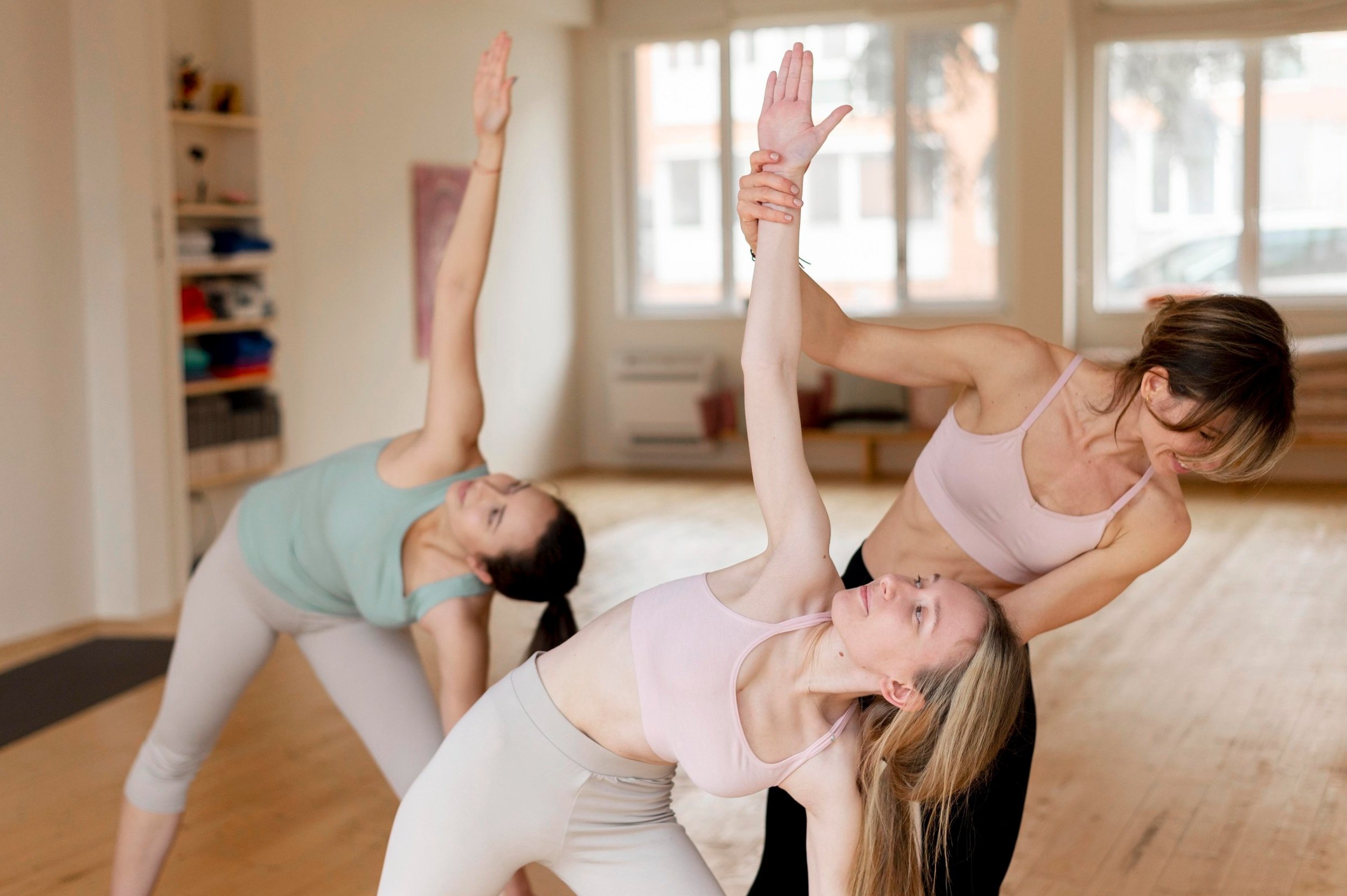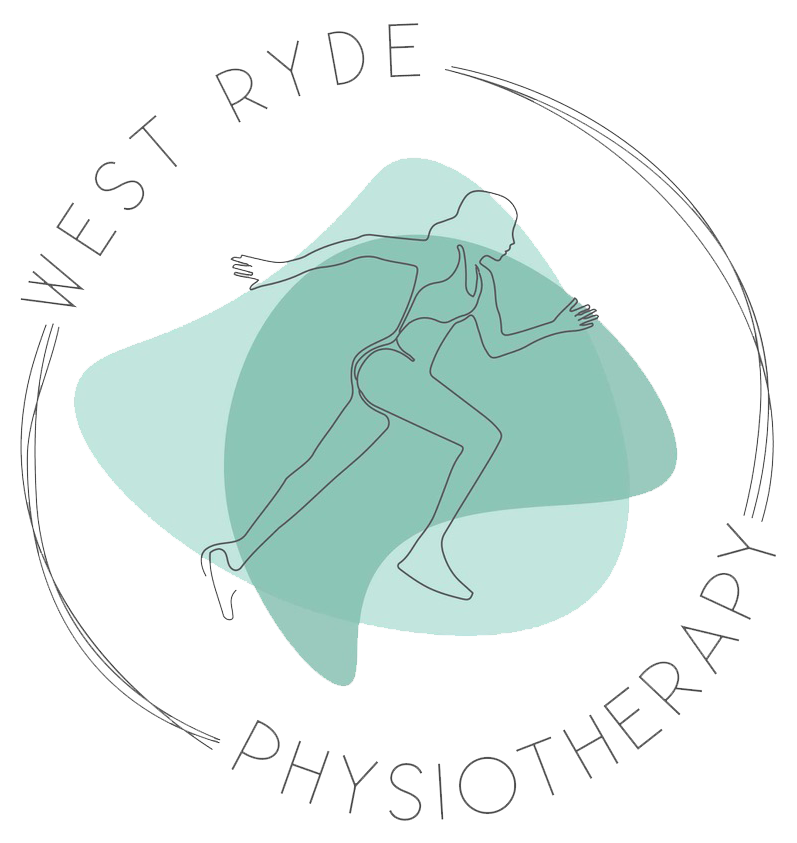FAQ’s
Frequently Asked QuestionsQUESTIONS REGARDING OUR PILATES GROUPS, INSTRUCTORS AND WHAT’S NEEDED-
Pilates sessions retrain your body to move more efficiently and to switch on the correct muscles. The more often you spend practicing the correct movement patterns, the greater the carry-over effect into your daily routine.
We suggest a minimum of 1 class per week. Each class lasts 1 hour.
-
Wear loose fitting, comfortable clothing. Mats are provided but please bring a towel and a bottle of water.
Avoid excessive moisturiser, perfume, or hairspray. Please turn off your mobile phones before entering the studio and remove your shoes. It is also a good idea to remove any chunky jewellery/dangly earrings.
-
As our classes are small, we design them for our specific participants. Unlike a gym where you can work alone, our classes are designed to learn together over the term.
You will be required to commit for the term or a minimum of 8 weeks.
-
If you know you will be away for 2 weeks or more, you may consider postponing your class to another term. We require a minimum payment for 8 weeks. Within a term you may do up to 2 catch up classes. Catch up classes are not transferable from term to term.
-
Our instructors are active members of the Australian Physiotherapy Association.
Additionally, our team trained with APPI Pilates instruction, orthopaedic health, lymphology, sports injury rehabilitation, breast cancer rehabilitation, pre and postnatal rehabilitation, and spinal and back pain.
-
Our clinical Pilates groups are perfect for you if you’re wanting to:
Enjoy a tailored program that focuses on your specific fitness needs
Rehabilitate any injuries with individual physio supervision
Exercise in a small, supportive group environment
Heal and strengthen your body after pregnancy or birth
Bring your baby to class with you
-
Yes, you can. However, it may also depend on your level of cover so it is best to check with your health insurance provider. The item codes are 560 or 561.
-
We recommend an individual physiotherapist consultation before starting Clinical Pilates
Your physio can assess your physical condition and your specific fitness goals. Then we can design your individual Pilates program, helping you to get the most from your sessions.
-
Physiotherapists have an in-depth understanding of anatomy and pathology. We are registered and undertake compulsory continuing education every year.
At West Ryde Physio, we understand strength and fitness, injuries and rehabilitation, pregnancy and birth, and how bodies adjust and adapt at all stages of life.
Our classes are designed to suit the individual needs of our participants, thanks to our depth of knowledge and experience. Which means you get the exercise class you need, and the best value for money.
-
Pilates challenges the way you function and move your body. It helps reorganise the neuromuscular signals in your body to create more efficient movement and contractions of your muscles. This gives you increased muscle tone, reduced risk from injury and reduced energy expenditure when performing your normal daily and sporting activities.
Pilates will leave you feeling fresh and energetic with increased confidence in your body's abilities.
Pilates challenges the way you function and move your body. It helps reorganise the neuromuscular signals in your body to create more efficient movement and contractions of your muscles. This gives you increased muscle tone, reduced risk from injury and reduced energy expenditure when performing your normal daily and sporting activities.
Pilates will leave you feeling fresh and energetic with increased confidence in your body's abilities.


